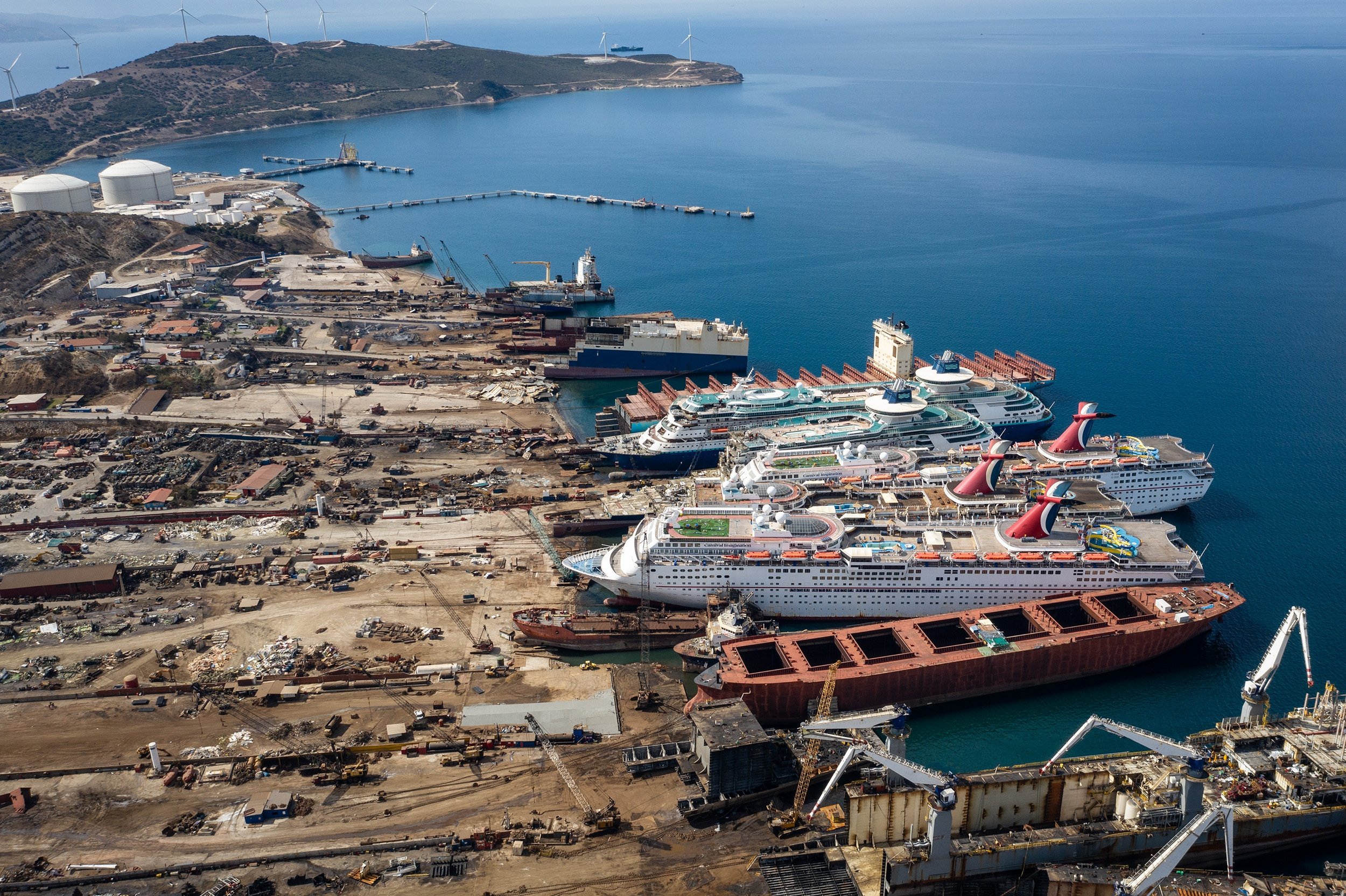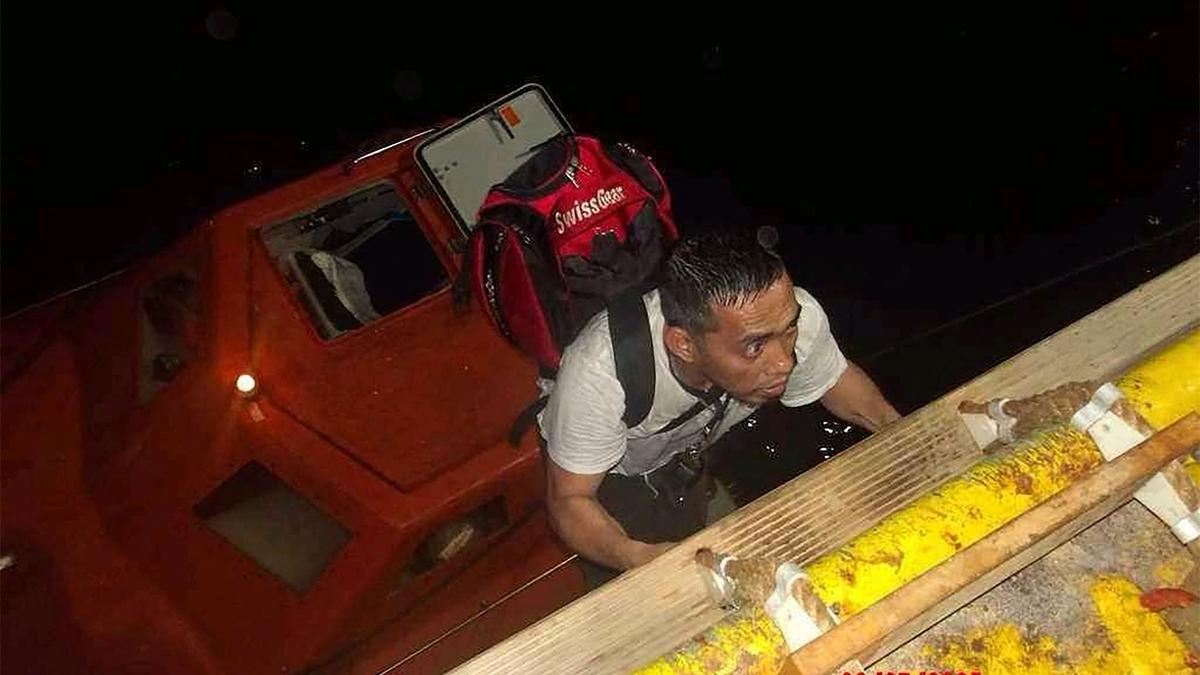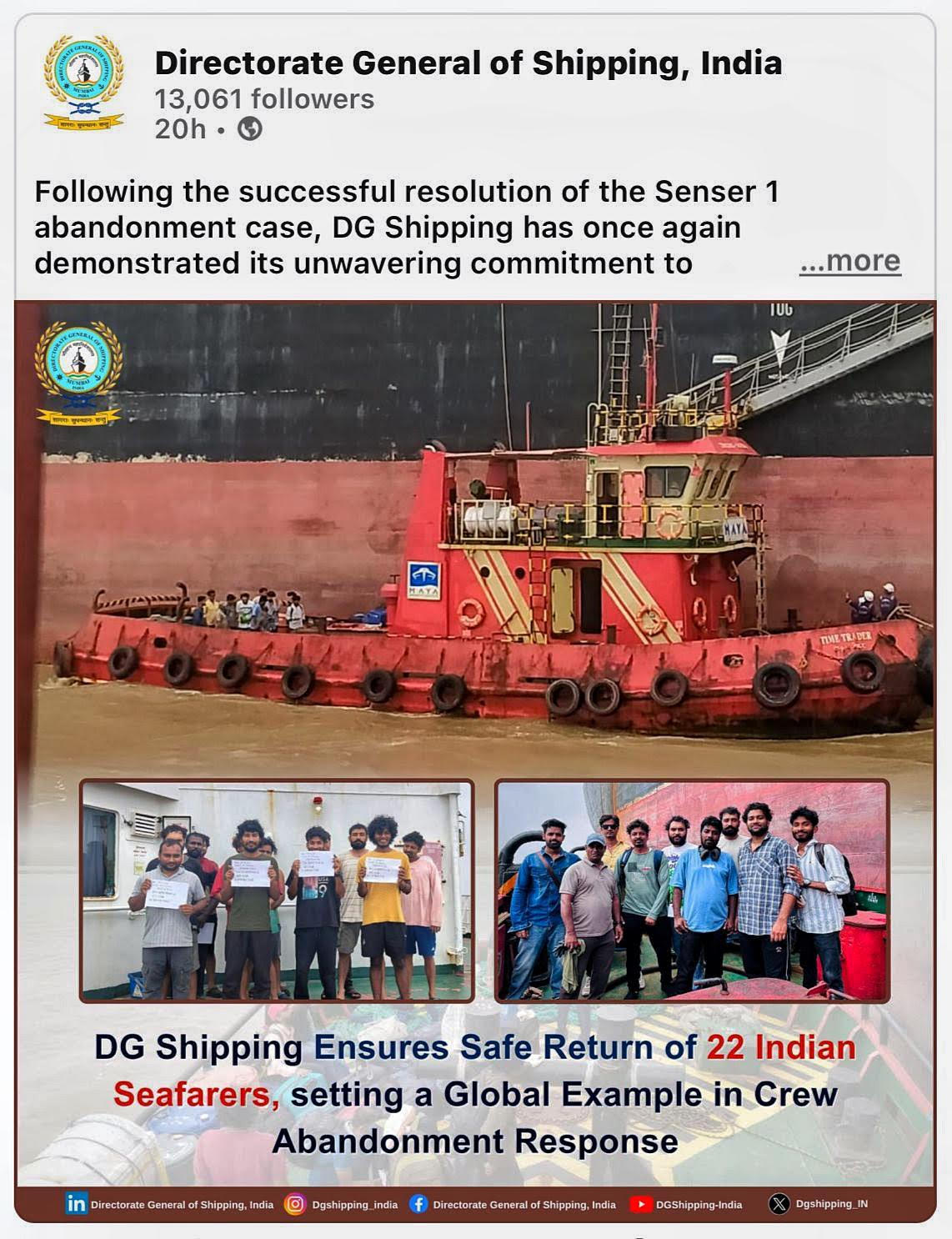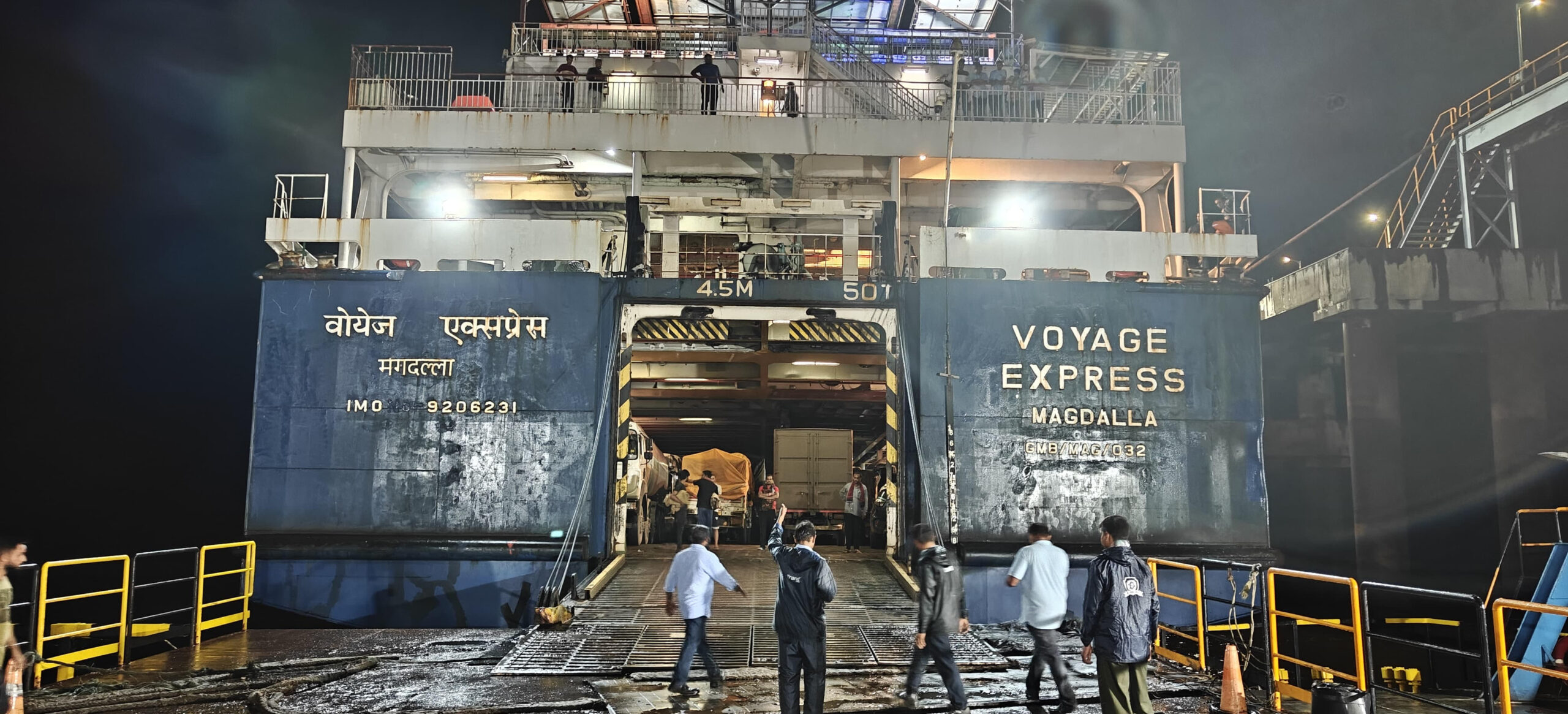A Slow Start for Ship Recycling in 2024: Market Struggles with Tonnage Shortage
The global ship recycling industry seems stuck in a rut, according to the latest report by GMS, a company involved in ship demolition sales. This week, activity remained sluggish across major shipbreaking locations, including India, Bangladesh, Pakistan, and Turkey.
Despite a recent trickle of smaller vessels entering the market in the Indian subcontinent, confirmed by port reports from Bangladesh and a more aggressive Pakistan, overall activity remains subdued. Even established players like Turkey are witnessing a decline in business.
The lack of available ships for dismantling has resulted in very few deals being finalized. This is evident from the minimal activity observed at various shipbreaking yards in recent weeks. India, a major player in the industry, has also been surprisingly quiet at bidding tables.
This sluggishness can be attributed to several factors:
- Strong Dry Bulk Market: Dry bulk cargo ship owners are currently enjoying high charter rates, incentivizing them to keep their vessels operational and delay scrapping.
- Resilient Tanker and Container Markets: Similar trends are being observed in the tanker and container shipping sectors. With charter rates remaining firm, owners are opting to continue using their vessels instead of sending them for recycling as initially expected.
- Geopolitical Tensions: Ongoing conflict in the Red Sea, with reported attacks on vessels by the Houthi militia, is disrupting shipping routes and potentially impacting decisions on ship retirement.
Ship recyclers are facing a prolonged shortage of desirable tonnage. While some smaller vessels have become available, many are in poor condition, built and operated in the Far East. These ships often have less steel due to removals by owners and crews, permanent ballast onboard, and corroded ballast tanks, making them less attractive options for recycling.
Despite the overall slowdown, Bangladesh continues to be the leader in ship recycling activity, followed closely by Pakistan. However, there are signs that demand in Gadani, Pakistan, might be nearing its peak for the time being. Local demand has been met, and letter of credit (L/C) limits may be restricting further purchases.
India’s Alang shipbreaking yards are struggling with the downturn. To keep their businesses afloat, some recyclers are resorting to loss-making deals to acquire tonnage. This comes even as Chinese steel is being dumped in the Indian market, despite anti-dumping measures.
The outlook for the industry is uncertain. While Bangladesh and Pakistan are showing some activity, their ability to acquire significant tonnage remains limited. India and Turkey continue to face challenges, with no clear signs of immediate improvement. The overall picture suggests potential trouble on the horizon for these major ship recycling markets.
There’s been a lack of ships being put up for sale, which means very few deals are being made. India, in particular, seems to be sluggish in participating in auctions. This has made 2024 tough for the global ship-recycling sector. The rates for chartering dry bulk ships have been increasing each week, benefiting ship owners.
Interestingly, containers and tankers aren’t being scrapped much either. This scarcity of ships available for recycling is driving up demand, even though many expected rates to drop at the beginning of the year. Additionally, conflicts in the Red Sea, like the recent attack on a vessel, are affecting shipping lanes and further reducing the number of ships available for recycling.
Ship recyclers are struggling to find enough ships to recycle, especially as smaller, less-desirable vessels dominate the market. These vessels often have issues like excessive weight loss due to poor steel condition, removals by owners and crew, ballast problems, and corrosion.
Bangladesh is leading in ship recycling, followed closely by Pakistan. However, there are signs that levels in Gadani, Pakistan may decrease soon due to local demand being met. India’s market is also facing challenges, with recyclers in Alang struggling to stay afloat and resorting to making deals at a loss just to acquire ships. This is happening even as China continues to export steel despite anti-dumping measures.
Overall, it’s been a mixed week, with potential trouble ahead for the Indian and Turkish markets, while Bangladesh and Pakistan are struggling to acquire significant tonnage despite strong demand.











